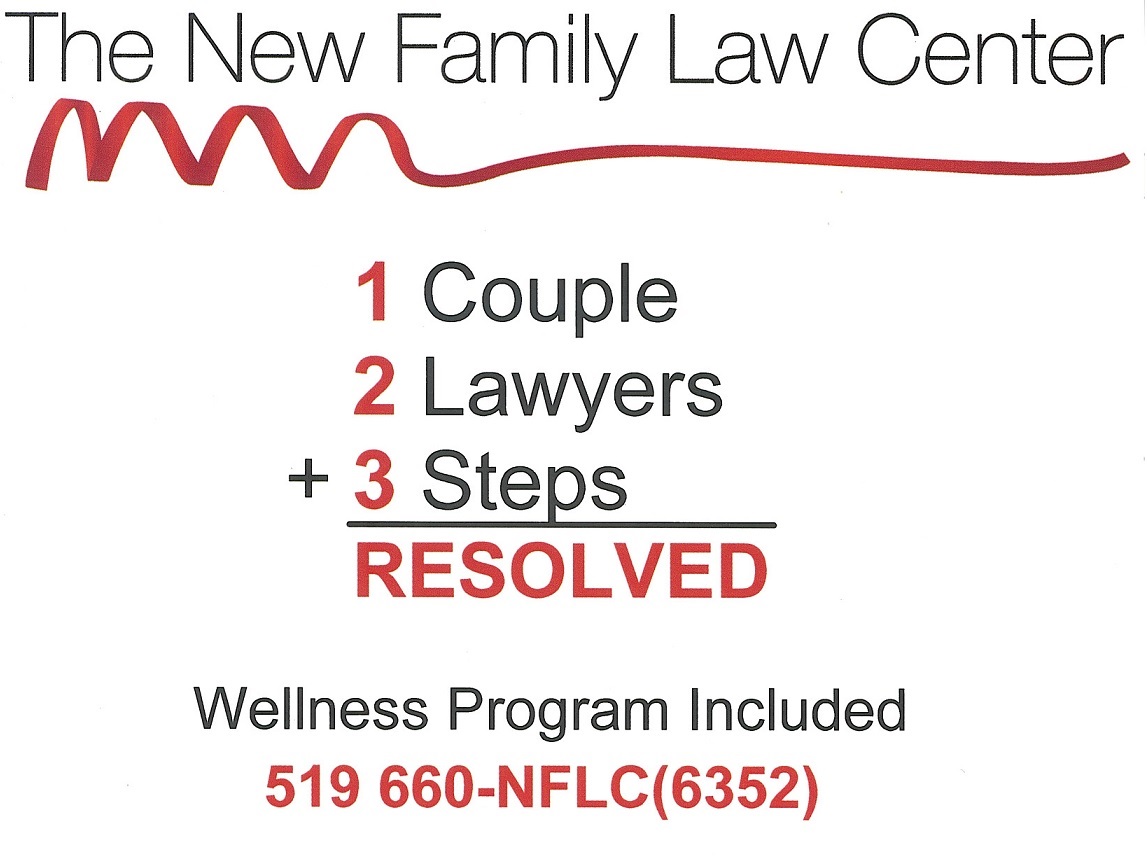There’s an EpiPen recall in Australia due to a defect that may make it difficult to activate in an emergency (failure to activate or increased force needed to activate). Two reports have been confirmed of the device failing to activate in a batch of about 80,000 devices.
We all know that the risk of inadequate epinephrine dosage during anaphylaxis is death, and I submit that a risk analysis should result in a massive recall. Remember that with the Auvi-Q/Allerject recall of every device ever sold anywhere, there were NO confirmed reports. My take on that recall is here.
The EpiPens in Australia were manufactured by Meridian Medical Technologies in St. Louis Missouri, USA, and I believe they manufacture EpiPens for distribution world wide. At present, batch numbers 5FA665, 5FA6651, 5FA6652 or 5FA6653 and an expiry of Apr 17 should be exchanged at the pharmacy immediately.
I predict that the recall will migrate world wide. Don’t you think it should, given Sanofi’s handling of the Auvi-Q recall? ….
UPDATE 31 March 2017: As I predicted, Mylan has expanded the recall to now include additional lots distributed in the U.S. and other markets in consultation with the U.S. Food and Drug Administration (FDA). The expanded voluntary recall is being initiated in the U.S. and also will extend to additional markets in Europe, Asia, North and South America and now impacts both the 0.3 mg and 0.15 mg strengths of EpiPen Auto-Injector.
To share this article, please use the buttons below or copy and paste this link: http://blog.onespotallergy.com/2017/03/epipen-recall-should-it-spread-worldwide/
To read the press release regarding the recall, click here.
To read the press release regarding the expanded recall included the affected lot numbers and expiry dates, click here.









Hello Elizabeth
Short answer: no.
The two defects are not related, in my humble opinion. One points to “difficult to activate in an emergency (failure to activate or increased force needed to activate)” for Mylan and the other “risk of inadequate epinephrine dosage” for Sanofi.
Medical devices companies go through a series of activities (as per GMP – Good Manufacturing Practices) whenever a defect is reported and/or found. Also root cause analysis will be part of their risk analysis to isolate whether it is design, material, process, people, etc.
In the Sanofi case, it could be that the defect was related to the design and hence it was either too difficult or cost-prohibitive to fix. In this case, it seems that they were able to isolate the issue to specific batches.
I checked about the Canadian Epipens and they are also made by Meridian Medical Technologies in Maryland not Missouri. Having a secondary manufacturing site enables them to continue production and to address supply.
Hope this helps
Jennifer
No they should not issue blanket recall unless there is clear indication that the single faulty part (likely identifiable by manufacturing / batch numbers) was included in EVERY Epipen. Highly unlikely given the number of Epipens manufactured and sold worldwide. As with most manufactured goods, parts and components are sourced from many outside companies, sometimes multiple companies for same part. Good manufacturing practices allow for discovery and isolation of possible affected batches due to defect or problem. Hence the entirely reasonable recall for ONLY the necessary batches of Epipens.
I wish Mylan would state not just that this doesn’t involve the U.S., but why the are confident it CAN’T involve the U.S. Just because the two reports of failure were in international batches, how do they know the same defect isn’t also present in domestic batches? Did they find and fix the defect in the plant at some point? If so, why was there no recall at that time, before these failures occurred?